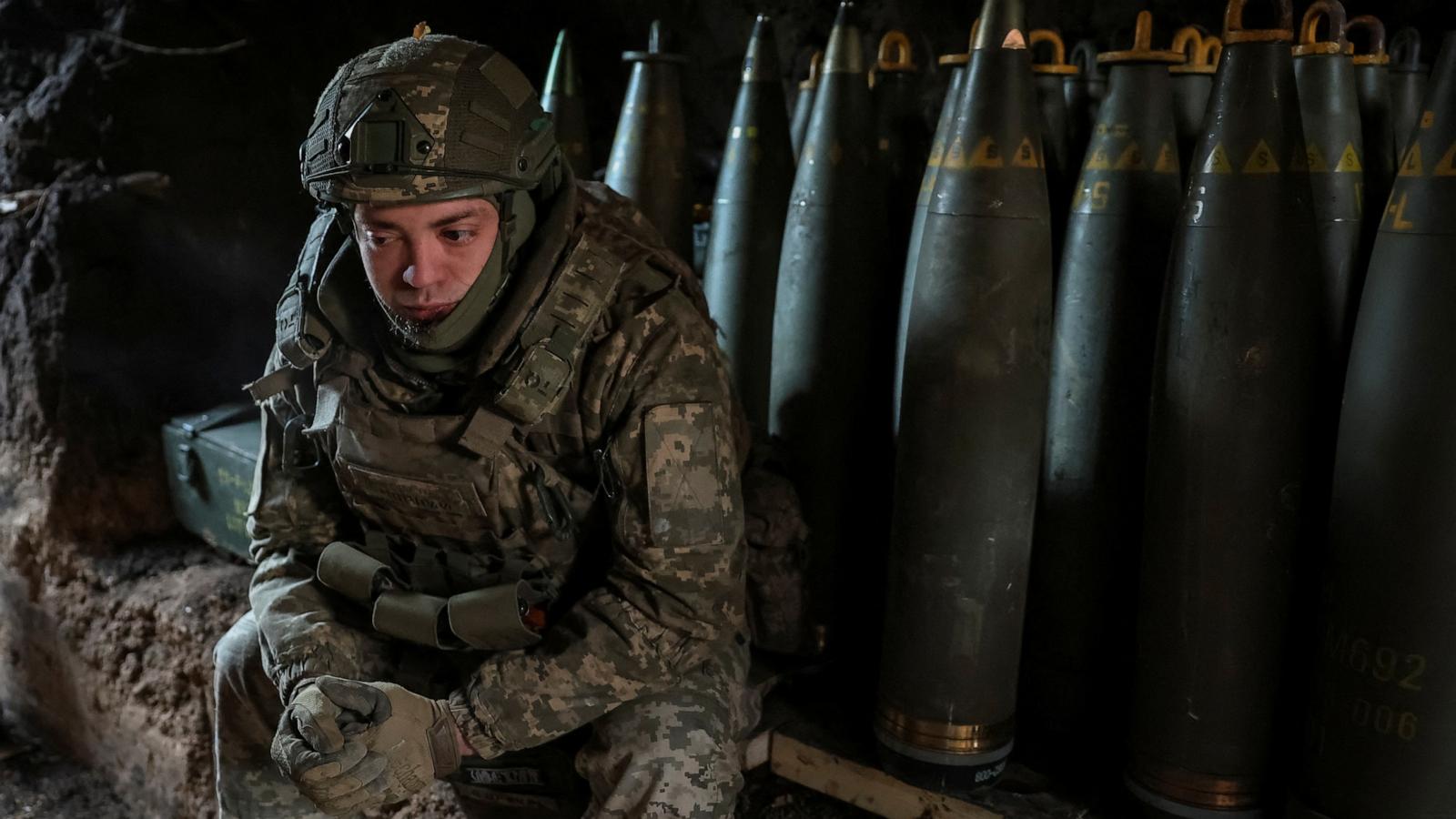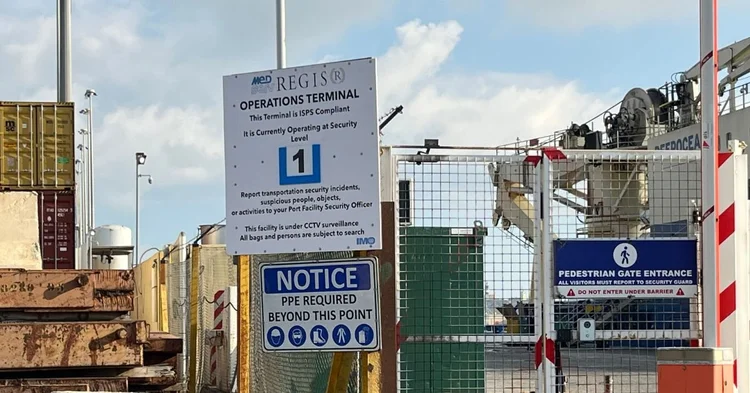When Trust Goes Silent: US Suspends Ukraine Intelligence Sharing – What Happens Next?
Imagine being in a high-stakes poker game, and suddenly, your partner stops whispering the tells of your opponents. That's essentially what's happening with the US suspension of intelligence sharing with Ukraine. But what’s the real hand being played here?

The news broke with a quiet thud, barely audible over the din of ongoing conflict. The US, citing "review" and "reconsideration," has put a pause on sharing vital intelligence with Ukraine, a move that has sent ripples of concern through Kyiv and allied nations. But is this a temporary hiccup or a sign of a deeper shift in allegiances?
One can’t help but wonder: why now? The timing is certainly… conspicuous.
Several sources point to a fiery meeting between former President Donald Trump and Ukrainian President Volodymyr Zelensky, with murmurs of disagreements and unmet expectations filling the aftermath. This Oval Office clash, reportedly focused on the pace of peace negotiations with Russia and a minerals deal, appears to be the catalyst for this intelligence freeze. Was it merely a clash of personalities, or are there more strategic calculations at play?
The specific types of intelligence that the US had been sharing encompassed a broad range of critical information. This included:
- Real-time data on Russian troop movements and positions
- Intercepted communications revealing military plans
- Locations of key Russian logistics and supply hubs
- Early warnings about incoming missile and drone attacks

Some key points to consider are:
- The 'Pause' Rationale: The official line from Washington speaks of a review, a pause for reconsideration. National Security Advisor Mike Waltz hinted that the assistance might resume if peace talks are arranged. Confidence-building measures, whatever those may entail, are also part of the equation. But "pauses" in critical support can have devastating consequences on the battlefield.
- Macron's Warning: French President Emmanuel Macron, ever the pragmatist, issued a stark warning that Europe must be ready for the US "not to be by our side." He even floated the idea of extending France’s nuclear umbrella to other EU nations. Is this a call to arms for European self-reliance, or a lament for a fading transatlantic partnership?
- The Minerals Deal: At the heart of the issue lies a minerals deal between the US and Ukraine. Reports suggest the disagreement over the signing of the deal contributed to the rift. Why is this deal so crucial, and what does it signify for the future of US-Ukraine relations?
What does this suspension actually mean for Ukraine on the ground? Intelligence sharing is the lifeblood of modern warfare. It provides crucial insights into enemy movements, strategies, and vulnerabilities. Without it, Ukraine risks fighting blind, relying on its own resources and whatever scraps its allies can provide.
Paul Adams from BBC notes that without US intelligence, Ukraine will struggle to effectively utilize long-range Western weaponry. This lack of real-time data could leave Ukrainian forces exposed and less effective against the Russian advance.
The Minerals Deal is also a crucial point of contention. This agreement aims to grant the U.S. access to Ukraine's rich reserves of critical minerals, including:
- Lithium
- Titanium
- Rare Earth Elements
- Graphite
The deal proposes a joint fund where a percentage of future revenue from mineral extraction would flow. While it could provide Ukraine with much-needed investment and economic benefits, disagreements over the terms and conditions, the US is possibly seeking too advantageous of a position, leading to the recent tensions.
Facing the US intelligence cut-off, Ukraine can explore alternative intelligence avenues. These include:
- Strengthening intelligence partnerships with European allies like the UK, France, and Germany.
- Leveraging open-source intelligence (OSINT) through satellite imagery and social media analysis.
- Bolstering their own domestic intelligence capabilities and reconnaissance efforts.

While the official narrative hints at a temporary measure tied to peace negotiations, the underlying implications are far more profound. This suspension raises critical questions about the long-term commitment of the US to Ukraine, the future of transatlantic alliances, and the overall security architecture of Europe. It is a sobering reminder that even the staunchest of partnerships can be subject to shifting political winds.
So, what's next? The coming weeks will be crucial. Keep an eye on these developments:
- The Trump-Zelensky Relationship: Watch for any signs of reconciliation or further deterioration in their relationship. A thawing of relations could signal a resumption of intelligence sharing.
- European Response: Pay close attention to how European nations, particularly France and Germany, step up to fill the void. Increased military and financial aid from Europe could mitigate the impact of the US suspension.
- Negotiation Progress: Monitor the progress of peace talks between Ukraine and Russia. A breakthrough in negotiations could lead to a resolution of the conflict and a renewed commitment from the US.
The suspension of intelligence sharing with Ukraine is more than just a political maneuver; it’s a pivotal moment that could reshape the geopolitical landscape. What began as a whisper of discord now echoes with the potential for lasting consequences. The world is watching, waiting to see what cards will be dealt next. Will trust be restored, or will silence continue to reign? Only time, and perhaps a little bit of poker strategy, will tell.